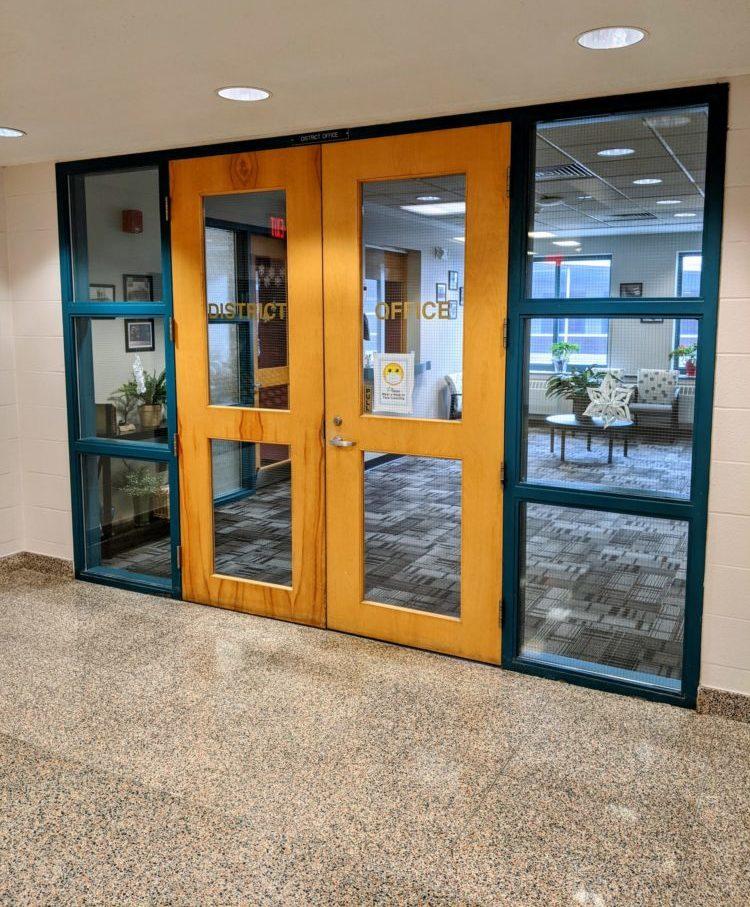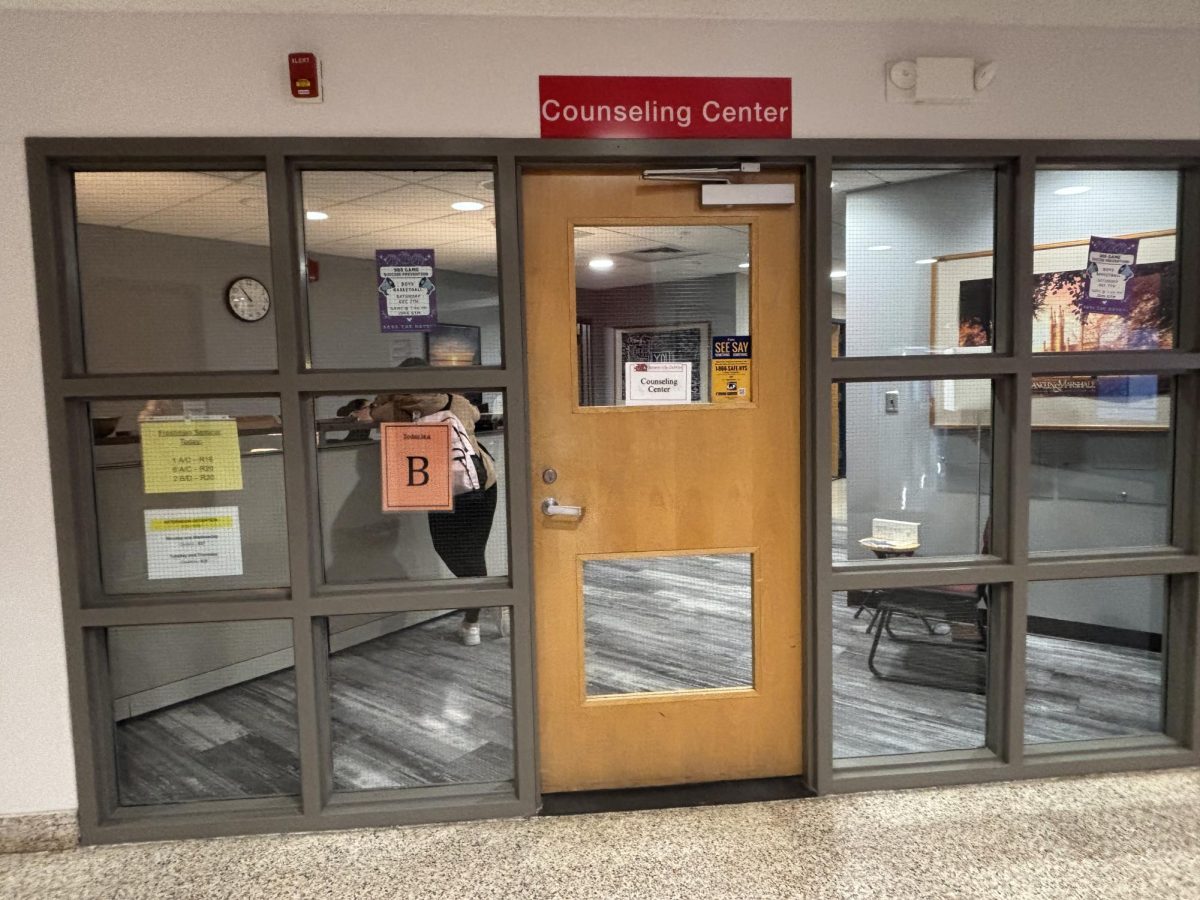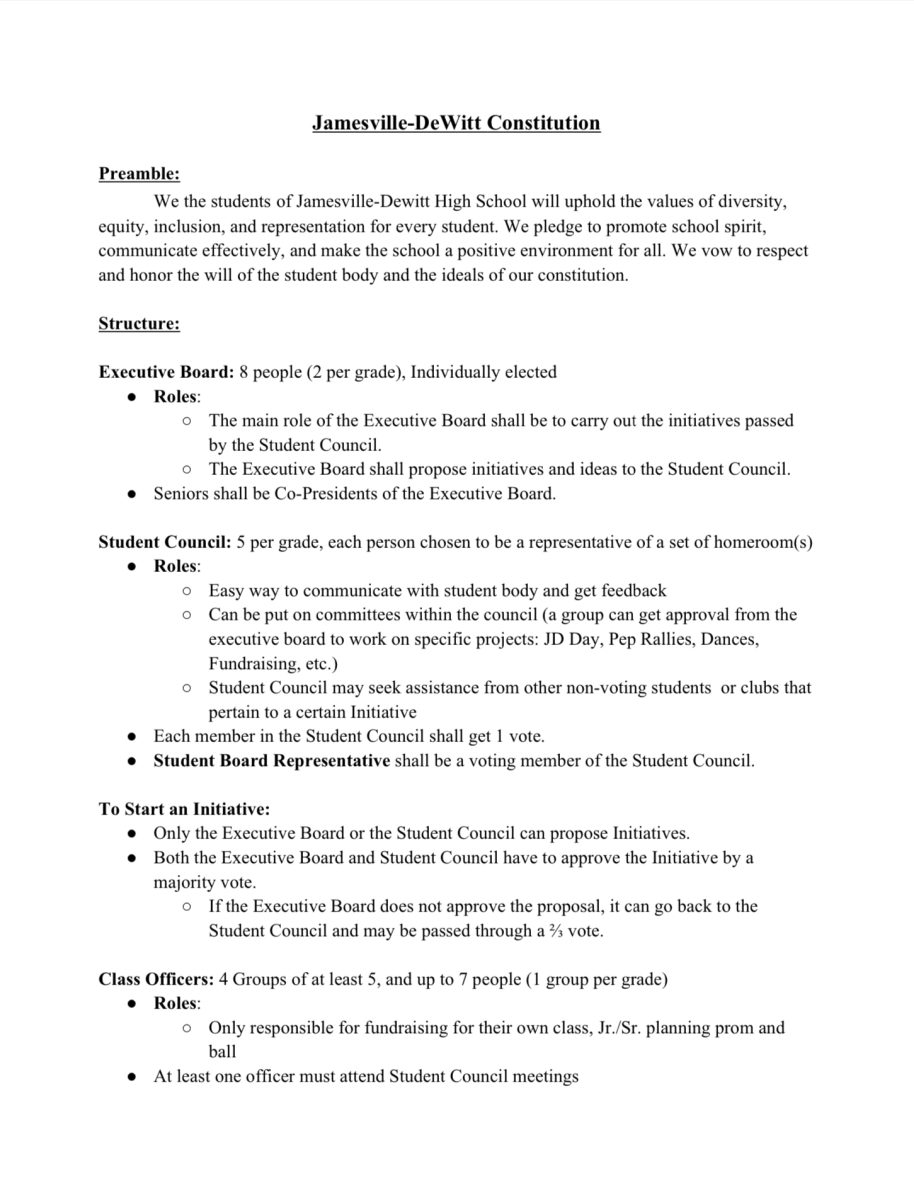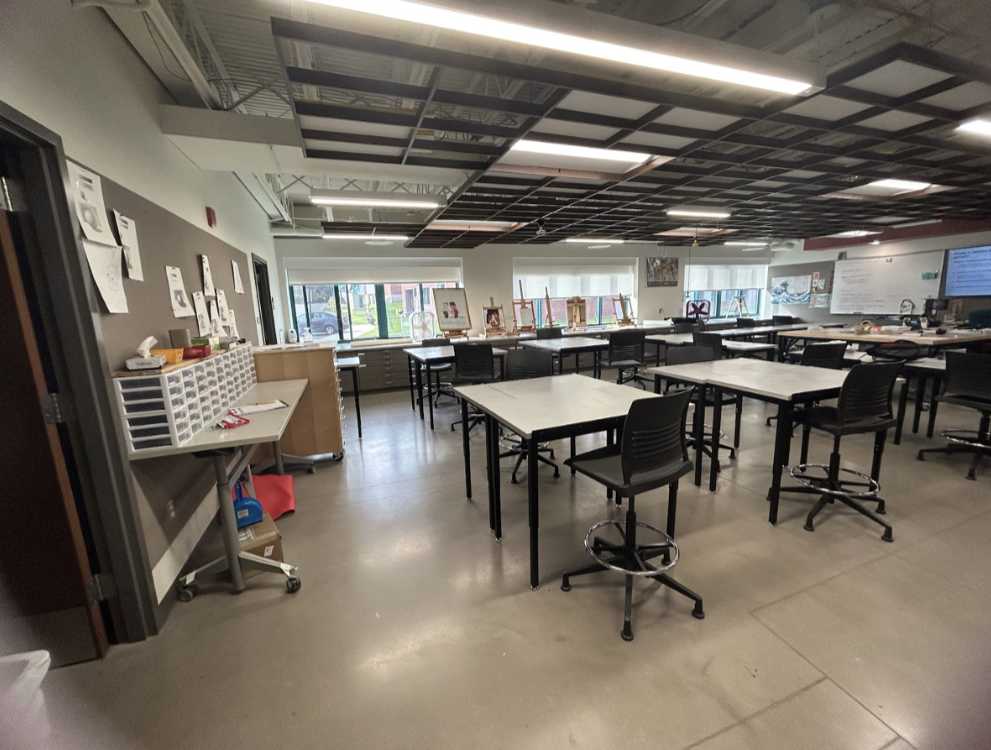If anything, the past year has taught the world that there is always the need for improvement. Remote and hybrid learning instruction has prompted extensive reflection on the effectiveness of learning methods that are used in the classroom. On Thursday, Feb. 25, 2021, J-D’s Board of Education (BOE) held a virtual forum to discuss possible changes to the K-8 English Language Arts (ELA) curriculum.
The district abandoned the use of a structured curriculum in 2003 in favor of a set of standards in agreement with those of the Common Core State Standards Initiative and the Next Generation Science Standards.
Many parents support teachers offering current and culturally-aware resources and materials to help students grow and progress. But parents are concerned with the lack of communication on classroom standards between teachers and individual families. A Moses-DeWitt parent expressed her particular concern on the rigor of assessments, stating that her daughter was being tested on material that she hadn’t yet learned and even she (the parent) herself had trouble understanding. For this reason, parents have called for transparency in what the exam questions are and who is administering the exams.
The BOE is now looking to adopt a new curriculum to “provide all students with responsive, evolving, robust opportunities and experiences in the classroom and do reduce opportunity gaps across all student subgroups,” said Nate Franz, the Assistant Superintendent for Curriculum, Instruction, and Equity.
After analyzing the current learning curriculum, the state has found that there are additional opportunities for literacy programs, which are supported by OCM BOCES and other organizations who emphasize that these programs are the best way to learn to read. Such programs focus on improving knowledge of words and parts of words, oral reading fluency, reading comprehension, and writing.
Although these programs will take strides in advancing the current state of learning, the majority of this reform is left in the hands of those administering it. “Programs don’t teach kids, teachers teach kids,” said Kathryn Daughton, Coordinator of Literacy and Humanities at OCM BOCES.
In order to establish lifelong literacy in younger students, the district plans to also adopt the framework for Culturally Responsive-Sustaining Education (CR-SE). This framework is grounded in the four key principles of a “welcoming and affirming environment, high expectations and rigorous instruction, inclusive curriculum and assessment, ongoing professional learning,” as noted by the New York State Education Department.
The district’s goal for this framework is to disrupt power dynamics that privilege dominant groups, while acknowledging cultures and values. This would mean offering resources and materials that are derived from diverse races, nationalities, social classes, genders, sexual orientations, and so on.
“It’s about learning and unlearning a lot of ideas, philosophies, and systems that we live in, and trying to develop them into a more inclusive school environment, one that is supportive in the function of not just learning, but democracy,” said Tanya Rosado-Barringer, Coordinator of Mid-State Regional Bilingual Education Resource Network at OCM BOCES.
The district also discussed their plan for installing the new curriculum, in which they’ll identify and form selection and review committees which will articulate visions of instruction and beliefs with stakeholder input, then identify options, and finally, conduct reviews and gather feedback and make a selection decision.
There are many factors to consider in uncovering what is causing difficulties in the learning curriculum. These include COVID-19 protocol in the school environment (social distancing and mask mandates), remote and hybrid learning instruction, and also the current standards of education in the classroom. The world has undergone tremendous change in the last 18 years, and some argue there is a need for improvement in the younger learning curriculum. The many new programs endorsed by the BOE are targeted to positively influence the younger generation not only in the classroom, but in the real world. Please email Nate Franz at [email protected] with any questions you may have.





































